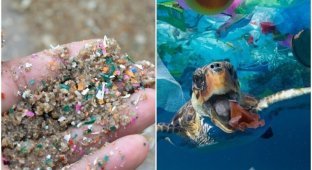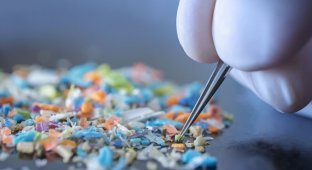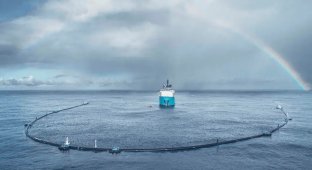Breakthrough in plastic production: a material has been created that decomposes in the ocean faster than paper (4 photos)
It took researchers several years to create a plastic that decomposes most quickly in seawater. 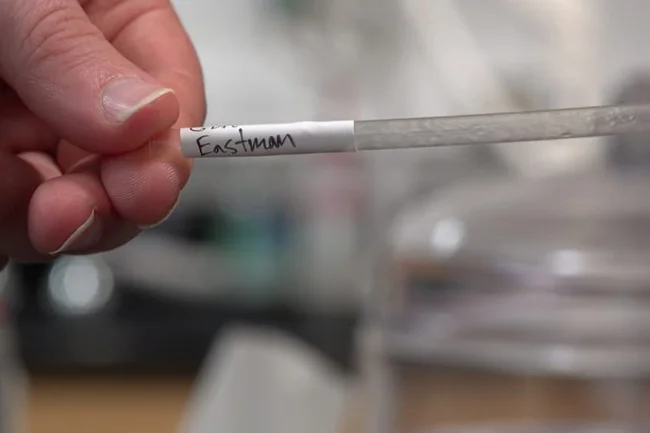
It has been more than 150 years since humans invented plastic, and during this time, plastic waste has literally "taken over" the Earth. Previous studies have already found tiny particles of plastic literally everywhere: in the air, water, soil, and even the bodies of animals, including humans. A recent discovery also showed that plastic is contained in the breath of dolphins.
In a new study, it took scientists several years to discover the type of plastic that decomposes most quickly in the marine environment. This work is incredibly important, as millions of tons of plastic waste end up in our oceans every year. The results are astounding: the fastest-degrading material in the ocean is common plastic, which humans have been using for over 100 years — and the team has found a way to speed it up.
The material in question is cellulose diacetate (CDA), a natural polymer found in plant cell walls, especially cotton and wood pulp. Interestingly, this material has been around since the late 1800s and is used in everything from sunglasses frames to cigarette filters, photographic film, and other everyday items. 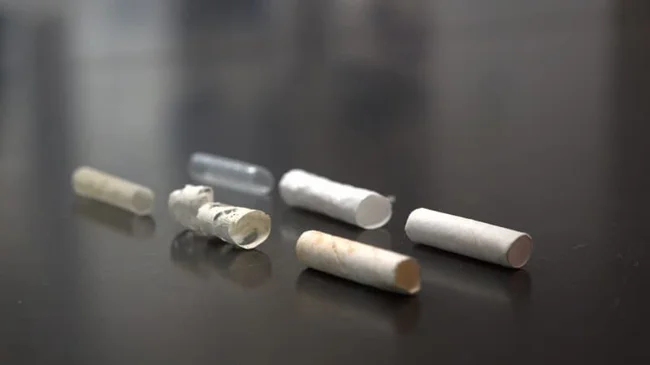
In a new study, scientists from the Woods Hole Oceanographic Institution found that CDA is the fastest-degrading plastic in seawater. What’s more, the team found that one simple modification, known as “foaming,” accelerated the degradation process by 15 times compared to solid CDA. That’s several times faster than paper.
The results represent a major advance in the fight against plastic pollution, according to senior study author Colleen Ward. Over 36 weeks of testing, CDA foam, placed in tanks with continuously flowing seawater, lost 65–70% of its original mass. Compared to other common plastics found in every ocean in the world, EPS showed zero degradation over the same period. 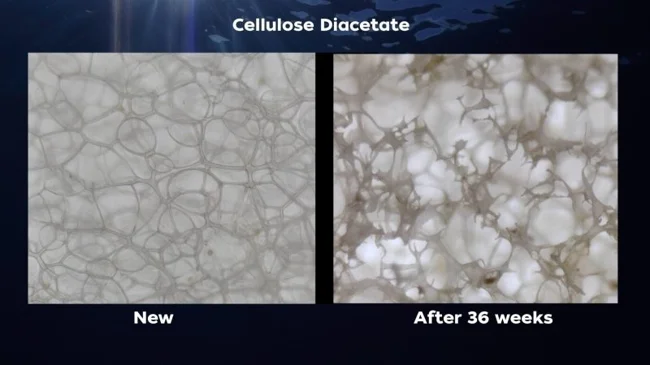
Note that the study was conducted in a controlled environment in the lab using continuously flowing seawater from Martha's Vineyard Sound off Cape Cod, Massachusetts. The team was able to control light, temperature, and other variables during the experiment, allowing them to replicate dynamic ocean conditions.
Earlier this year, the scientists also published the results of a previous 16-week study. It used the same seawater tank and compared eight different straws made from CDA, polyhydroxyalkanoates (PHA), polylactic acid (PLA), polypropylene (PP), and paper. The PLA and PP straws showed no measurable signs of degradation, while the others degraded by up to 50%. 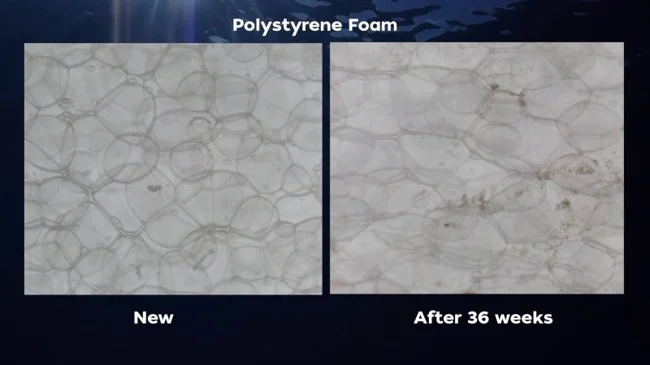
When comparing a prototype CDA foam straw to a solid CDA straw, the researchers found that the CDA foam straw degraded 190% faster than the solid CDA straw. It was these findings that prompted the scientists to conduct a new study, the results of which they shared today.













